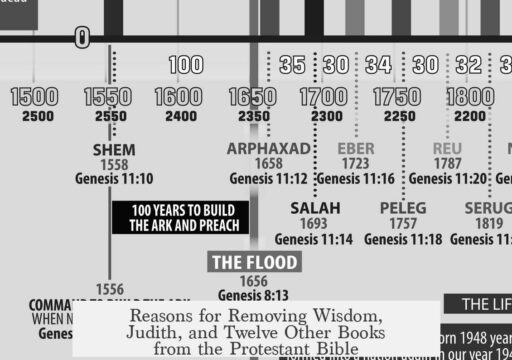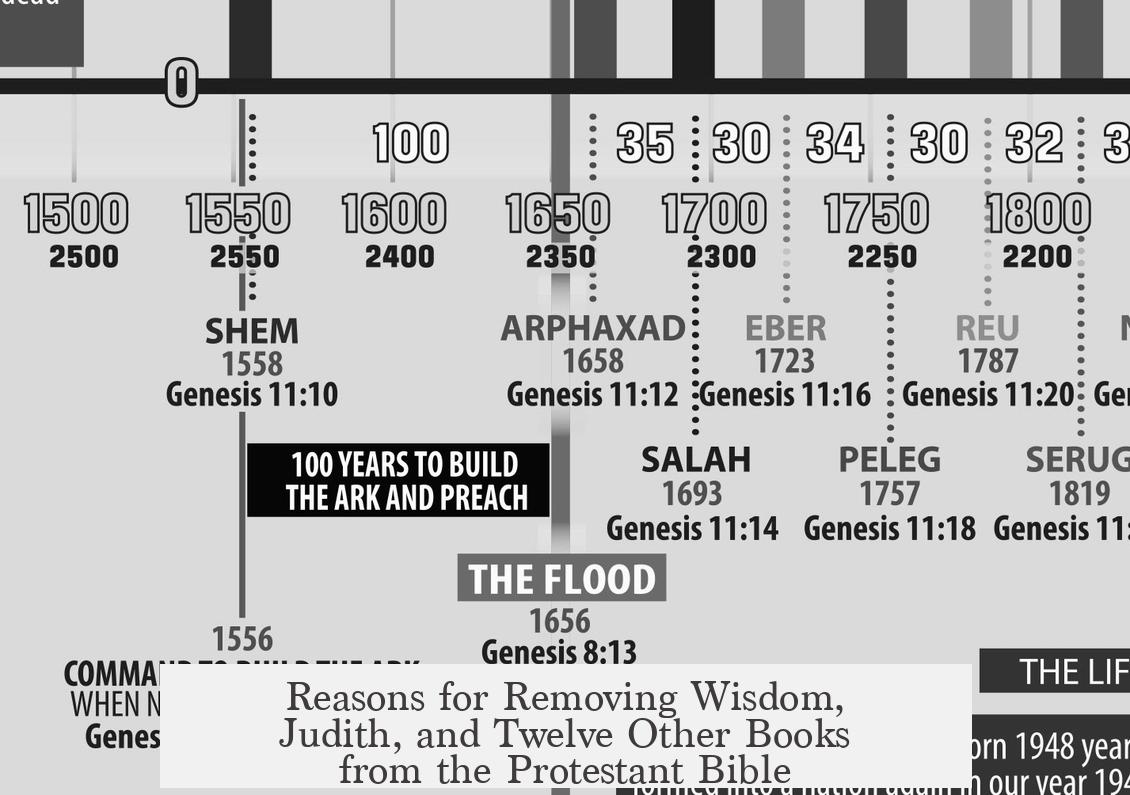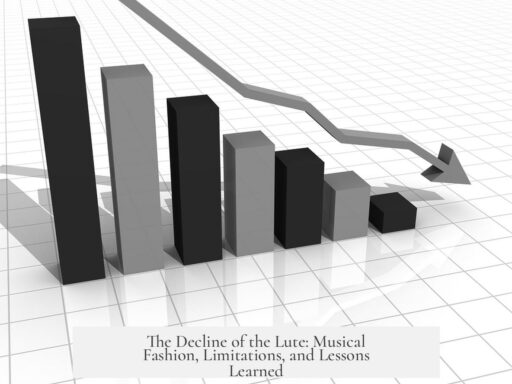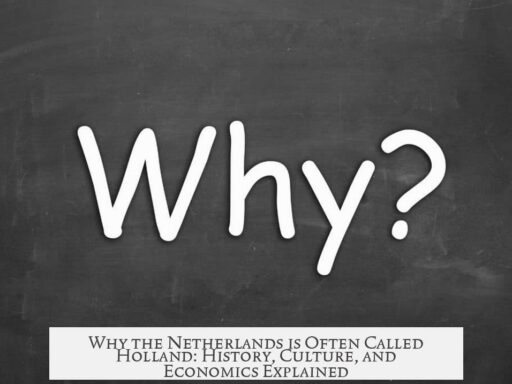The books Wisdom, Judith, and twelve others were removed from the Protestant Bible due to a combination of theological, textual, and historical reasons. Protestant Reformers sought to base Scripture strictly on texts with Hebrew originals and aligned with their doctrinal principles. The rationale focused on the principle of sola scriptura, returning to the earliest authentic sources, and rejecting books lacking Hebrew manuscripts and questioned for inspiration. This decision was largely accepted within Protestantism but remained controversial in wider Christian tradition, as these books continue to be canonical in Catholic and Orthodox churches.
The removed books, often called the Apocrypha or Deuterocanonical books, include Judith, Wisdom of Solomon, Tobit, Baruch, Sirach, 1 and 2 Maccabees, and additional texts like extended parts of Daniel and Esther. These books were part of the Greek Septuagint, used by early Christians. However, they were never included in the Jewish Hebrew Bible. The Reformers emphasized the Hebrew Masoretic Text as the foundation of the Old Testament, leading them to exclude books without Hebrew originals.
The Protestant Reformation, led by Martin Luther, aimed to translate the Bible into vernacular languages. Luther insisted on studying Hebrew and translating the Old Testament based on Hebrew texts rather than the Latin Vulgate or Greek Septuagint. This priority reflected Renaissance humanism’s emphasis on returning ad fontes, to the original sources. Because these books were written mostly in Greek and had no clear Hebrew manuscripts, they appeared less authoritative and their authorship was viewed as dubious.
Several theological concerns motivated their removal. Some Apocryphal books teach doctrines inconsistent with Protestant theology. For example, 2 Maccabees supports prayers for the dead and the concept of purgatory—ideas rejected by Protestants. Tobit contains teachings and miraculous events not aligned with Reformation doctrines. Reformers such as Luther categorized these writings as “good to read but not equal to Scripture,” placing them in a separate section rather than integrating them fully into the canon.
- Key reasons for removal:
- Absence of Hebrew originals led to questions about their authenticity and inspiration.
- Theological disagreements regarding doctrines like salvation, prayers for the dead, and church authority.
- Disputed authorship and historicity, as some books were later Jewish compositions.
- The political context of distinguishing Protestantism from the Catholic Church, which affirmed these books at the Council of Trent.
- Adherence to the doctrine of sola scriptura, emphasizing scripture alone as the rule of faith.
The removal was relatively accepted within Protestant communities. Unlike Catholic and Orthodox Christians who retained these books as canonical and authoritative, Protestants viewed the Deuterocanonicals as non-inspired texts useful for reading and instruction but not for defining doctrine. However, the decision sparked controversy in some circles, notably the British and Foreign Bible Society in the early 19th century. The society initially printed Bibles including the Apocrypha, but dissenters protested, arguing that public funds should not support texts they deemed non-canonical. This led the society to stop printing the Apocrypha in Protestant editions after 1826.
Martin Luther himself did not completely remove these books. In his German Bible translation, he included them in a separate section and described them as helpful and profitable for Christians but not equal to the canonical Scriptures. Calvinist and later Reformed traditions eventually excluded them entirely. The Westminster Confession (1646) clarified the Protestant stance by accepting only 66 books as divinely inspired, excluding the Apocrypha.
| Aspect | Detail |
|---|---|
| Books Removed | Judith, Wisdom of Solomon, Tobit, Baruch, Sirach, 1 & 2 Maccabees, additions to Daniel and Esther, plus 1 & 2 Esdras, Prayer of Manasseh |
| Main Reason | Absence of Hebrew originals, theological disagreement, and adherence to sola scriptura |
| Reformation Leader View | Luther included these as useful but not canonical; later Protestants eliminated them fully |
| Controversy | Minimal within Protestantism, significant in inter-denominational relations and Bible printing debates |
| Catholic Response | Council of Trent affirmed their canonical status against Protestant rejection |
Despite their removal, these books continue to influence Christian worship and theology in Catholic and Orthodox traditions. They are valued for historical insights, moral teachings, and liturgical use. Protestants generally regard them as secondary writings, useful for study but not authoritative for doctrine.
- Key takeaways:
- The Protestant removal focused on returning to Hebrew canonical texts and Scripture alone (sola scriptura).
- Absence of Hebrew originals and theological content inconsistent with Protestant doctrines were primary reasons.
- Luther included Apocryphal books in a separate section; later Protestants removed them entirely.
- Decision was accepted within Protestantism but led to controversy in Bible printing, notably in the 19th century.
- The removed books remain canonical and important in Catholic and Orthodox Christianity.




